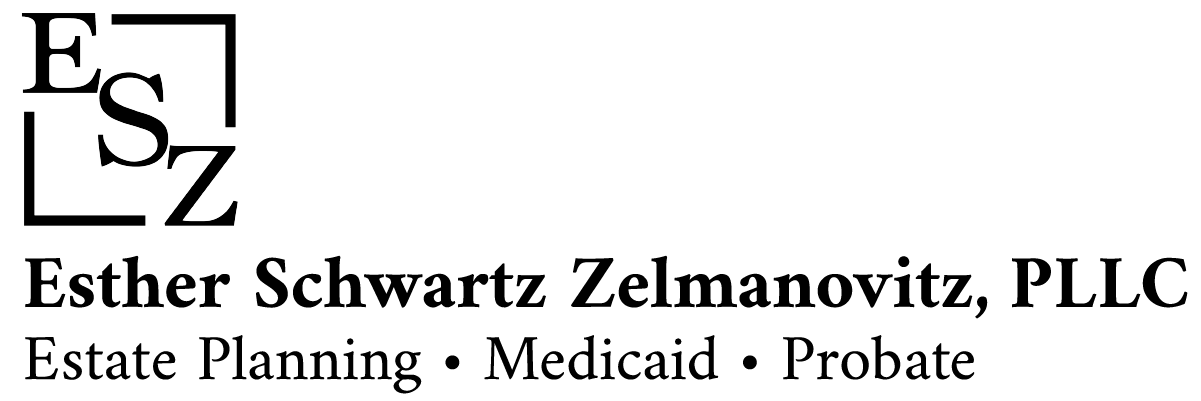In estate planning, details are crucial. The seemingly innocent act of removing staples from a valid, properly executed will could lead to unintended and potentially catastrophic consequences. Let’s explore why an unstapled will might cause serious complications.
What Is Your Will Used For and How Do Your Wishes Go Into Effect?
A will is a vital legal document that serves several important purposes in estate planning. It specifies how you want your property, money, and other assets distributed after your death, names your beneficiaries, appoints an executor, and may designate a guardian for your surviving minor children.
However, a will doesn’t automatically take effect upon the testator’s death. The nominated executor must petition the Surrogate’s Court and follow the probate process to have the will “admitted to probate.” This means the executor must go through specific legal steps before they can act on the will’s terms. The Surrogate’s Court plays a crucial role in ensuring the will’s validity and accurate representation of the decedent’s wishes.
What Happens if Your Will is Unstapled?
While an unstapled will isn’t automatically invalid, it can invite challenges. The court may question the will’s authenticity, as they must verify that the complete document matches exactly what the deceased person signed. Concerns may arise about pages being swapped or removed. If the will appears damaged or torn, the court might interpret this as a sign of revocation.
More problematically, disinherited relatives could contest the will’s authenticity. If the will isn’t in the same intact, attached form as when it was signed, these relatives will have an easier time arguing for its invalidity. This situation can lead to significant issues, potentially delaying the probate process, causing unnecessary stress, wasting time, and incurring additional legal fees. In the worst-case scenario, the court might reject the will entirely.
Conclusion
The humble staple plays a surprisingly crucial role in maintaining your will’s integrity and validity. Keeping your will properly fastened and intact is more than just good organization—it’s a vital step in ensuring your final wishes are carried out as intended. This simple precaution can save your loved ones from unnecessary stress, legal battles, and potential loss of inheritance during an already difficult time.
Often, the drafting attorney will hold your original will for safekeeping. But if you have your original will in your own possession, you should consult with a legal professional to ensure your will is in proper order to withstand potential challenges. Remember, in estate planning, even the smallest details can have far-reaching consequences. By taking care to keep your will intact and properly stapled, you’re not just preserving a document—you’re protecting your legacy and your loved ones’ future. Don’t let a simple staple become the weak link in your carefully crafted estate plan.
